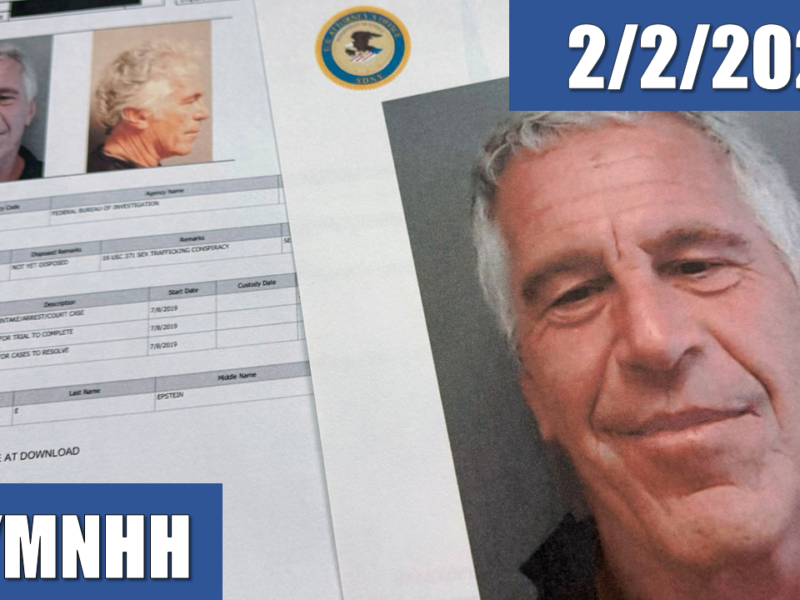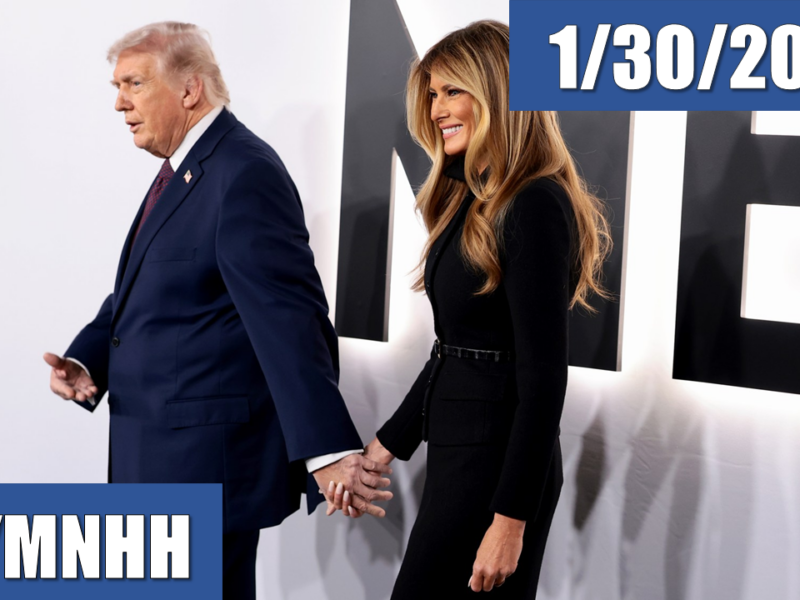FOR IMMEDIATE RELEASE
August 31, 2024
Contact:
J Cleveland Payne
More Better Media, LLC / The Conversation Project
http://thisistheconversationproject.com
theconversationinbox@gmail.com
Headline:
So She Can Say Some Words: Taking The Conversation Further Syndicated Column For Release August 31, 2024
Subheadline:
Two Interviews That Should Have Major Impact On The Upcoming Election, Well, Happened
[Little Rock, Arkansas] — As the 2024 election season heats up, interviews with key political figures give the public insights into the personalities, policies, and strategies of those vying for leadership. This week, two significant interviews aired on CNN: Kamala Harris and Tim Walz sat down with Dana Bash, followed by J.D. Vance’s rebuttal with John Berman. Both interviews revealed much about the candidates’ preparedness, ability to handle the media, and how they respond under pressure. However, the results of the respective appearance were mixed, and not all participants looked polished.
Let’s start with the Harris and Walz interview. The grade I’m assigning them is a solid ‘C.’ Harris showed up, participated, and, to her credit, avoided any major missteps. However, the interview felt more like a well-rehearsed performance than an authentic conversation. Harris seemed prepared to dodge potential landmines rather than to engage with pressing issues in a meaningful way. It was clear that the Harris campaign had done its homework, but the lack of spontaneity and the absence of tough questioning left the entire segment feeling flat.
Some of the critical moments of the interview involved Harris addressing her past flip-flops, with a lot of time spent on her views of fracking. Her explanation, while coherent, failed to convince those who have long criticized her inconsistency on the issue. The attempt to frame her evolving stance as a nuanced position on environmental concerns versus energy needs came off as calculated rather than genuine. Similarly, when asked about appointing a Republican to the Cabinet, Harris offered a vague response that seemed more designed to avoid alienating any particular voter base rather than to provide a concrete vision for bipartisanship.
Then there was the moment when Harris could have addressed Donald Trump’s racially charged comment about her ‘happening to turn Black.’ While her, ‘Next question, please” answer was a hit for her fans and many sympathetic pundits, I saw sidestepping this issue entirely as a missed opportunity. While it’s understandable that Harris might want to avoid giving Trump more airtime (Trump will always find more airtime), her silence could be perceived as a lack of willingness to confront racism head-on.
The interview also touched on the call she received from Joe Biden when he was handing over the torch. Harris’s recounting of the event was touching, yet it didn’t provide any new insight into her vision or the future of the Democratic Party. It felt like a moment more about nostalgia than about the road ahead.
Tim Walz, on the other hand, did not fare as well. While Harris managed to avoid any significant gaffes, Walz struggled to navigate the tricky waters of national exposure. His comment about ‘weapons of war’ was a prime example of this, as it quickly became fodder for critics who argue that his rhetoric is out of touch with the broader public opinion on gun control. Moreover, his earlier gaffes were barely mitigated by his attempts at damage control during the interview. If anything, Walz’s performance highlighted the difficulties that lie ahead for him as he adjusts to the scrutiny that comes with being in the national spotlight.
J.D. Vance’s rebuttal interview the following day was, in many ways, a study in contrasts. For the most part, Vance managed to present himself as balanced and measured, avoiding the bombastic rhetoric that has characterized much of his political career. However, beneath this veneer of composure, Vance still exuded what could be best described (in a PG manner, at least) as “big jerk energy.” It was as if, despite his best efforts to appear statesmanlike, the underlying hostility and arrogance could not be fully contained.
This became glaringly apparent when Berman asked Vance to apologize to the former Miss Teen South Carolina, who had been the subject of widespread mockery after a botched pageant answer more than 20 years ago. Vance had recently used this clip to ridicule Harris, only to discover that the young woman in the video had contemplated suicide due to the intense public ridicule she faced. Instead of taking the high road and offering a sincere apology, Vance’s response was flippant and dismissive, leaving a sour taste in my mouth as I was mostly impressed with how well-behaved he was in the exchange.
While Vance did manage to avoid any significant blunders outside of this incident, his inability to express genuine empathy or humility during the interview undermined the overall effectiveness of his performance. It was a stark reminder that, even when politicians manage to control their messaging, the true measure of their character often shines through in unexpected ways.
In the end, both interviews left much to be desired. While Bash did a commendable job steering the conversation, she missed opportunities to press Harris and Walz on more substantive issues. The public did get more of what was going on in the back of the minds of Harris and Walz’s insights, but no real lessons were learned from the exercise. We’re now under 70 days until the election, and the American people deserve more than carefully crafted soundbites and deflections. They need clear, direct answers to the pressing questions of our time.
Vance was not on to attempt to present a more moderate and measured persona for himself, but he missed the opportunity to do so. His inability to show true compassion when it should matter and can win over voters was the thing most noted from my viewing. The political theater continues, but with high stakes, one can only hope that the next round of interviews will provide the clarity and substance that voters need.
We should have gotten a lot more in a race as consequential as this, but considering we didn’t mention Donald Trump and all he actually said and did this week, we’ll have to take what we can get from the others to get an accurate representation of the election ahead.
About More Better Media, LLC & The Conversation Project:
The Conversation Project is a news and information-gathering project that operates under More Better Media, LLC (MBM). MBM has a bold commitment to help expand the world’s knowledge base, striving to provide high-quality content that educates, informs, and inspires. The Conversation Project produces Things You Might Not Have Heard, a weekday morning newscast, and a digest of popular stories showcased over the week called The Weekly Wrap. Both can be found at http://thisistheconversationproject.com.
For Media Inquiries: J Cleveland Payne
Owner / Producer
501-240-9670
theconversationinbox@gmail.com



